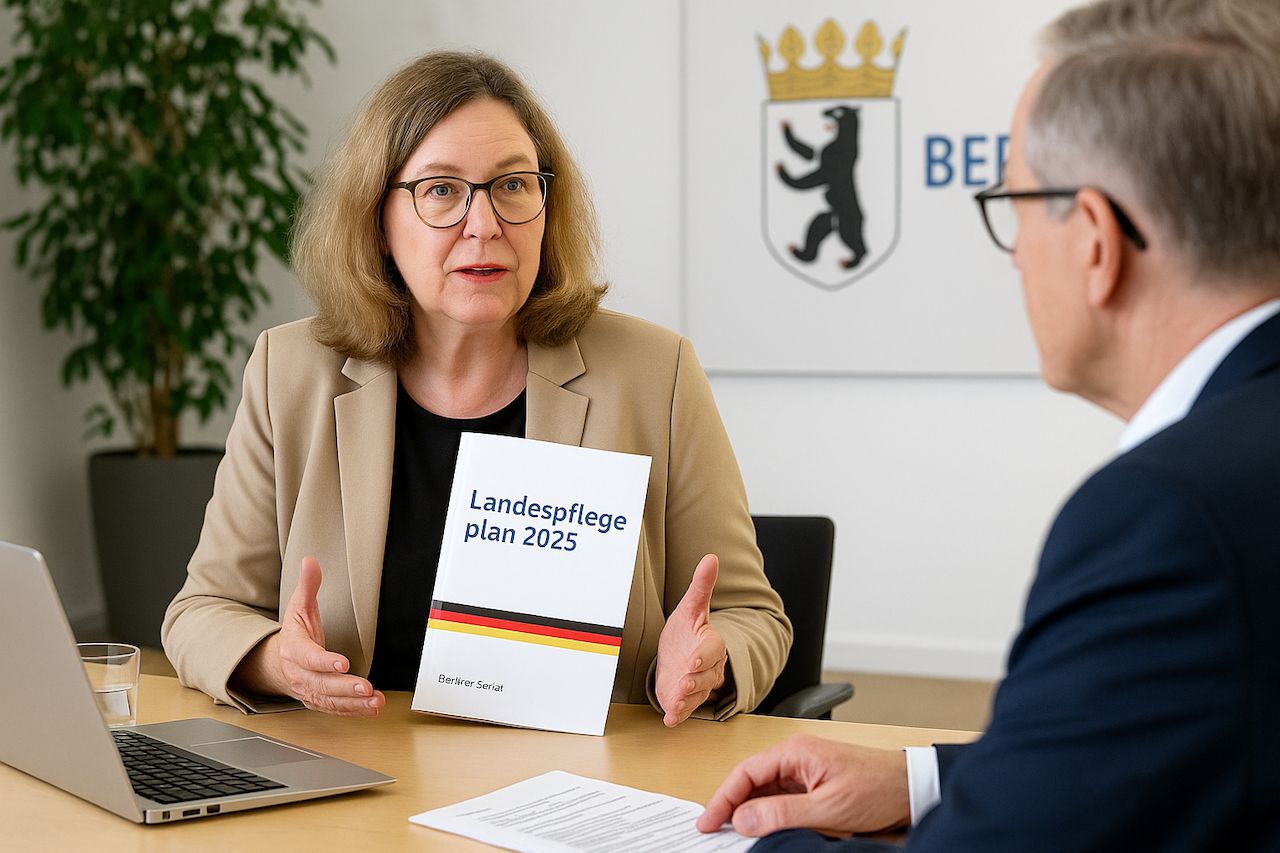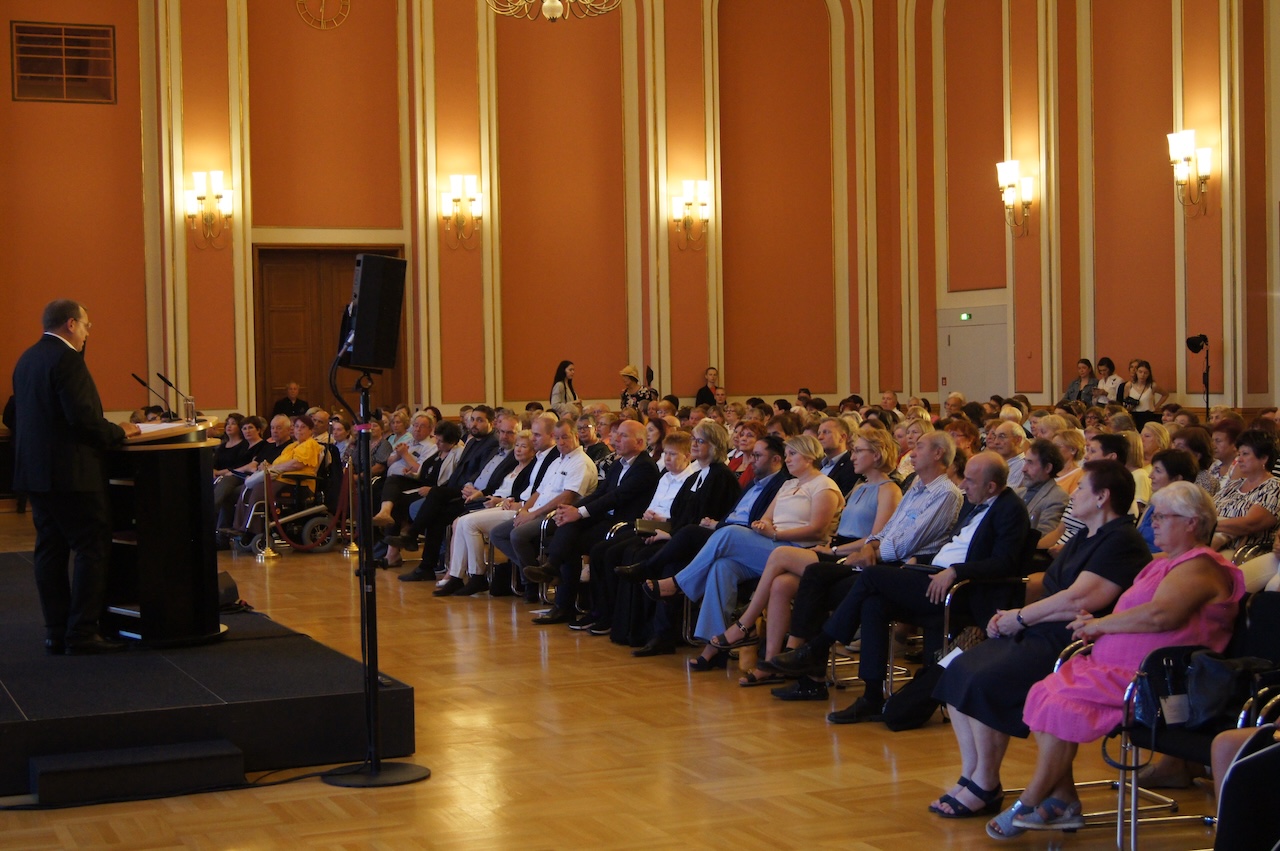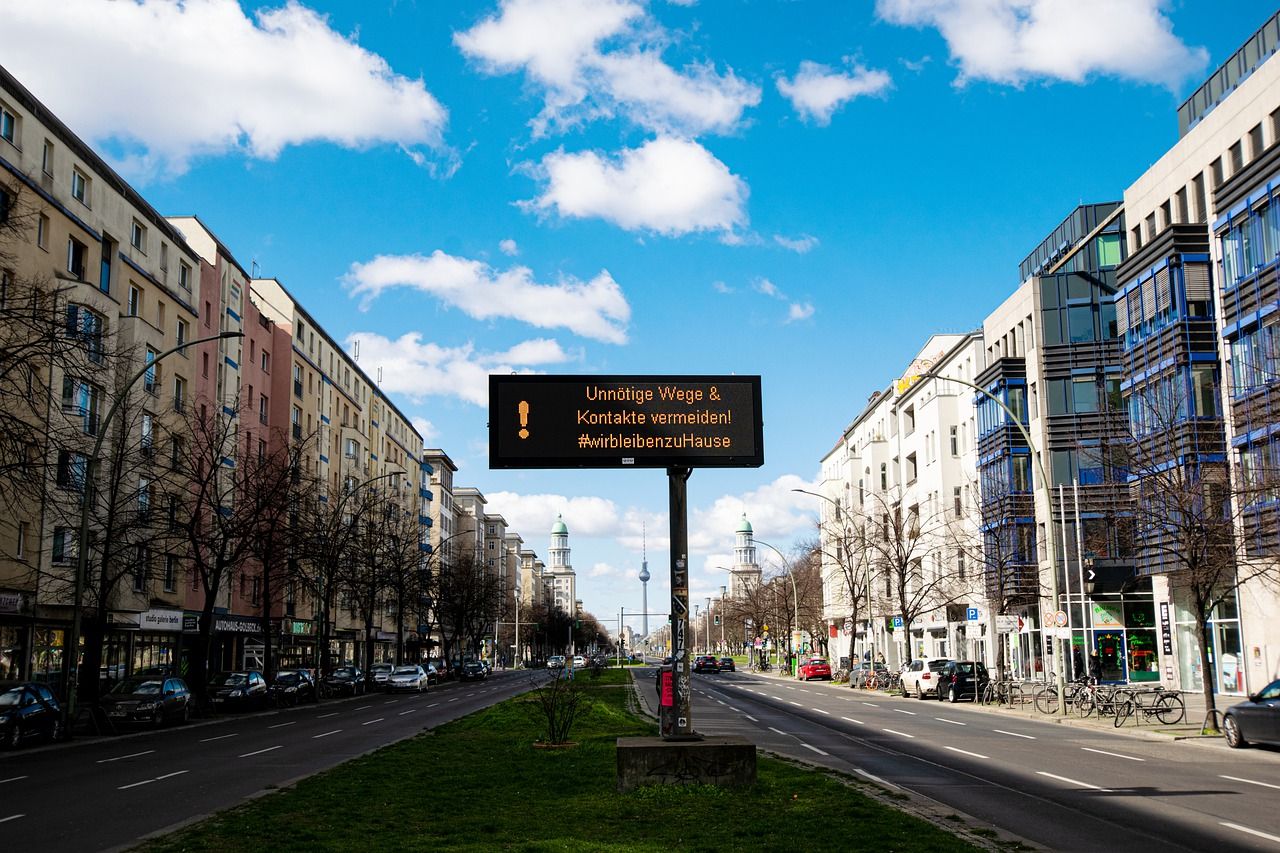
Together against bureaucratic obstacles
The Court of Auditors of Berlin (Rechnungshof von Berlin, RHvB) has approved important fundamental changes related to the reform of the legal framework, which will be used in the future for the allocation of subsidies and grants. In turn, the Senate Department for Finance of Berlin (Senatsverwaltung für Finanzen Berlin, SenFin) has developed and published regulations governing the implementation of these changes.
For the selection, definition, and specification of reform proposals, a non-traditional, so-called “participatory” process was used, in which employees from three Berlin Senate Departments, the Court of Auditors of Berlin, and representatives of other city institutions took part. In total, more than 300 people participated. All of them had the opportunity to contribute to the tasks at hand through collegial and open discussion.
The changes introduced cover a wide range of aspects in the process of allocating subsidies and grants. A few of them include:
-
The key improvement is increased adaptability in the use of financial resources. In the future, it will be easier to reallocate funds within the budget without having to submit additional requests: deviations of up to 30% of the total amount are now permitted without prior approval. This adjustment provides project initiators with more autonomy, for example, when the cost of raw materials increases or temporary changes in needs occur, such as when organizing a children’s event.
-
Greater “flexibility” has also been introduced regarding the accounting of income and expenses related to project objectives: they can now be offset against each other without filing a request. This simplifies real-life operations, for example, when an organization receives donations during a fundraising campaign, but the material costs exceed what was originally planned.
-
The cumbersome contract procedures have been fundamentally revised. The rules now vary depending on the order amount: for small orders up to 5,000 euros, a simple comparison of offers is sufficient – for instance, when renting equipment for a cultural event. For purchases of less than 500 euros, the requirement to conclude contracts has been completely abolished.
These and other changes are intended to significantly improve the efficiency of managing subsidies and grants, as well as to simplify the allocation process for both organizations and Berlin’s administration. This is also reflected in the clear statements of Berlin’s senators:
-
Senator for Labor, Social Affairs, Equality, Integration, Diversity and Anti-Discrimination, Cansel Kiziltepe: “With the new subsidy law, we want to reduce bureaucracy and simplify the work of organizations. Many of them perform important tasks every day and at the same time have to go through complex administrative procedures. This is where we start: thanks to clearer and simpler processes, we are creating more freedom for what really matters – the substantive work for Berlin’s residents. This strengthens cohesion and makes our city more attractive to live in.”
-
Senator for Finance, Stefan Evers: “The reform of subsidy legislation is a good example of modernizing Berlin’s administration. We held an interdepartmental discussion on how to simplify bureaucratic processes and shorten processing times. As a result, we simplified and digitized procedures. This makes the administration’s work easier – from the application to approval. At the same time, we support subsidy recipients in their important work for the city. They can focus on what matters most: social cohesion in Berlin.”
-
Senator for Mobility, Transport, Climate Protection and the Environment, Ute Bonde: “We are freeing subsidy legislation from obstructive bureaucratic rules in order to increase its efficiency. This is an important step toward modernizing the administration and reducing bureaucracy. It is time for clearer and more understandable regulations! With the current results, we are also taking a major step toward the digitalization of subsidy processing.”
Additional information:
berlin.de/sen/asgiva/service
berlin.de/sen/asgiva/service/zuwendungen
Tags: Berlin subsidy reform , Berlin grants 2025 , Court of Auditors Berlin , subsidy law Berlin , grant allocation Berlin , Berlin Senate Finance Department , funding reform Berlin , financial support Berlin , bureaucracy reduction Berlin , digitization of subsidies Berlin
Categories: Latest






















